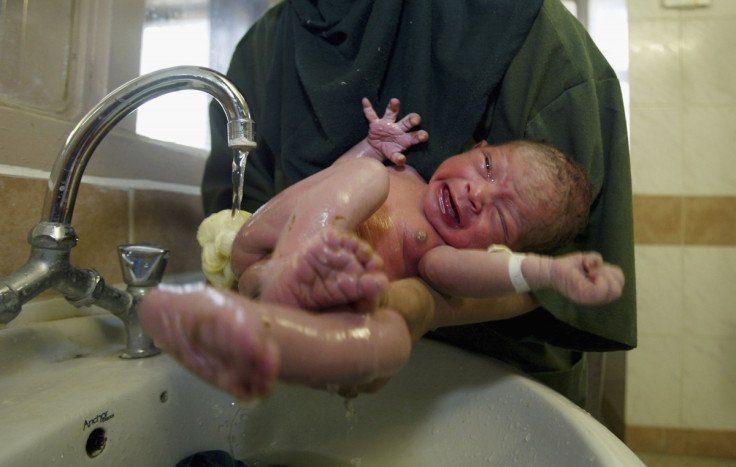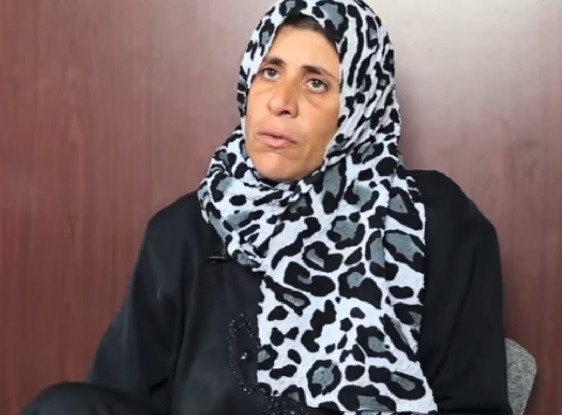Worst Place to be a Mother: Why We Need to Address Childbirth in Conflict Zones

When Siwar gave birth to her fifth child in Za'atari refugee camp in northwest Jordan, she had to deliver her daughter alone.
"There are many difficulties here and I had to deliver the baby by myself," she said. "When I delivered my other daughter back in Syria, I was surrounded by family, relatives, sisters-in-law and my sisters."
Siwar's story is far from unusual. She is one of the estimated 1.5 billion people living in countries affected by conflict, fragility and large-scale violence. Women and children disproportionately account for 75% of those displaced by conflict, and 20% of women are of reproductive age. One in five will be pregnant.
More than half of maternal deaths worldwide occur in fragile states, many of them affected by conflict and recurring natural disasters. Women die because they give birth without a midwife or skilled health provider on hand and because they do not have access to emergency obstetric services. Others are unable to travel to health facilities – which may or may not exist.
For 20 years, reproductive health has been considered a basic human right. But during the chaos of armed conflict and other humanitarian emergencies, a high price is exacted on women's health – a problem which the Royal College of Obstetricians and Gynaecologists (RCOG) argues needs to be given greater attention by health workers inside and outside crisis zones.

"Approximately 15% of displaced women will encounter a potentially life-threatening obstetric complication, such as haemorrhage, sepsis, obstructed labour or eclampsia," the RCOG said.
In the Democratic Republic of the Congo, embroiled in a conflict known as Africa's First World War, mortality rates of women and children are as high in outside conflict zones as they are in the war-torn eastern provinces.
Many deaths in the DRC are attributed to newborn causes, as well as malaria and malnutrition.
"It is estimated that 170,000 maternal deaths occur yearly during humanitarian crises," the RCOG added. "In an increasingly globalised world, it is necessary to be aware of the conditions in which women in such crises find themselves."
Women fleeing conflict are far from safe – they may have to give birth on the run, without even the most basic items needed for a clean delivery. Conflict can destroy medical facilities and displace health workers, and distress from both types of crises can push women into premature labour.
Earlier this month, the UN Refugee Agency revealed over 145,000 Syrian refugee households in Egypt, Lebanon, Iraq and Jordan are headed by women. Access to healthcare is restricted and back in Syria, services are hampered by security factors – but the consequences for maternal and child morbidity among deliveries that took place during the civil war remain unclear.
Speaking to IBTimes UK, Marie Stopes International's senior policy manager Bethan Cobley said that the charity's ground work in South Sudan and Afghanistan show that pregnant women are increasingly at risk, as reproductive health services remain critically underfunded.
"Maternal mortality also increases in conflict settings as women face a desperate shortage of services and health workers; stigma and discrimination; lack of transport; and legal and policy restrictions to accessing services," Cobley explained.
"The current momentum for addressing sexual violence in conflict presents a vital opportunity to address the lack of reproductive services for all women in conflict settings," she said.
"We need to ensure that all humanitarian relief funds and co-ordination mechanisms allocate sufficient resources to reproductive health services."
© Copyright IBTimes 2025. All rights reserved.






















